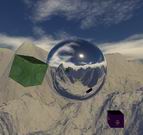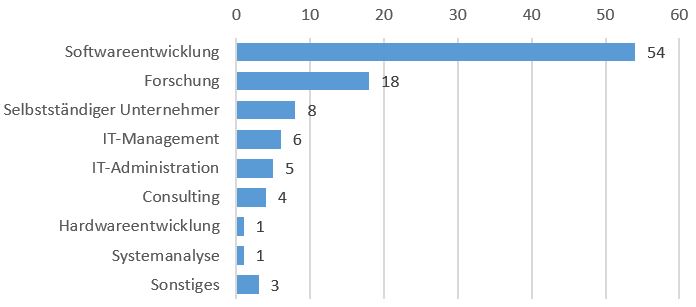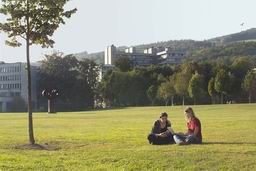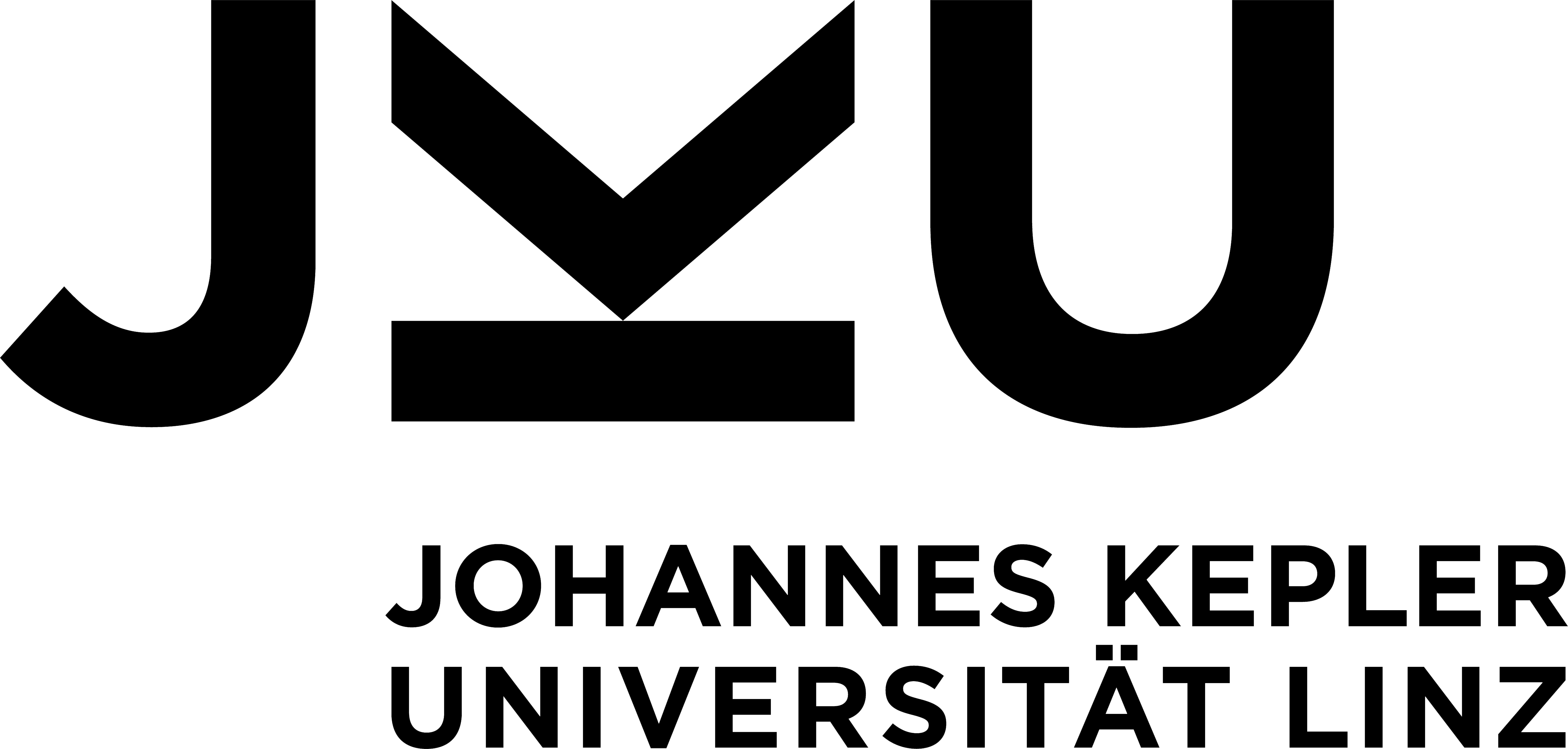FAQs for Prospective Computer Science Students
 What is Computer Science?
What is Computer Science?
Computer Science deals with all aspects of information and communication technology.
It is not just about programming, but also covers advanced methods of artificial intelligence,
machine learning, the Internet of Things, networks and security. It deals with computer graphics,
image processing, multimedia, operating systems, databases and (web) information systems.
Computer Science is multi-facetted and goes from the scientific exploration of fundamental
questions to the development of cross-discipline solutions.
Computer Science is a key technology of the 21st century. As an
interface between humans and a computers between business and society it
provides hundreds of attractive job perspectives.
 What do Computer Scientists do?
What do Computer Scientists do?
The job profile of
computer scientists is multifaceted. It goes from software development
to hardware design, from consulting and management to education and research.
Many of our students launch their own startup company.
Graduates from JKU work in key positions in business and research, many
of them also made a successful career abroad. JKU and its Computer Science
department are know for their practical orientations and have an
excellent reputation both in Austria and abroad.
A survey found out that 54% of our graduates work in
software development, 18% in research, and 8% founded a startup.
What is the typical salary?
In 2017 the average net salary for Computer Science graduates was
between 2500 and 3000 Euro per month. 11% of our graduates earned more than 4000 Euro (after taxes) and 6%
even more than 5000 Euro (after taxes).
What are the career prospects?
The career opportunities for computer scientists are excellent. The demand
for well-trained IT experts vastly overtakes the supply. Most computer science
graduates are already offered a job before they finish their study and can
select among various job offers.
Are the courses in English or in German?
The majority of the courses in the bachelor's program are in German, although
there is a growing number of courses in English. The master studies in
Computer Science and Artificial Intelligence are completely in English.
How long does it take to study Computer Science?
The Computer Science studies at JKU consist of a 6 semester bachelor's program
and a 4 semester master's program. After 10 semesters students get the
degree of a "Dipl.-Ing." (equivalent to a Master of Science). About
36% of our students finish the full program (bachelor + master) within 10 semesters,
some even manage to finish it faster. The median duration is 12.8
semesters, but one has to take into account that many students are
working part-time and therefore need a bit longer than full-time
students.
What are the requirements for a Computer Science study?
In order to study Computer Science you don't need to be already
proficient in programming, operating systems or hardware management.
This will all be covered during your study. Much more important is
that you are good in formal thinking and enjoy problem solving.
Creativity is also an important aspect, because computer scientists
are engineers, and engineers create novel hardware and software systems.
Of course, more and more students already learned about IT in school.
These students will find the first courses easier than others, but also students
who never got into touch with computing before manage to pass the
courses, and the differences in previous knowledge are soon compensated.
 Is Computer Science a mass study?
Is Computer Science a mass study?
Every year about 150 students enrol for Computer Science at JKU.
In total there are about 1000 Computer Science students in Linz.
Compared to other studies, Computer Science is far from being a
mass study. There are no crowded lecture halls as well as no problems in
getting a place in a lab or in a practical. Higher semester students
are often individually supervised by professors and participate
in the research projects of the institutes.
Is Computer Science for women?
The traditional gender role model is responsible for the fact
that women still make up for only about 15% of all Computer Science
students -- this is completely unjustified. Female students often
get better marks than their male colleagues; more and more women
have an excellent career in computing.
Can Computer Science be combined with other areas?
Of couse! In order to learn also about economy, for example, one
does not have to study business informatics. 10% of all courses
in Computer Science can be freely selected from other
studies at JKU, e.g. from mechatronics, business, law, or foreign languages.
What is the difference between Computer Science and similar programs?
In addition to Computer Science, JKU also offers
Business Computing,
Artificial Intelligence,
Electronics and Information Technology
and Mechatronics.
About 50% of Business Computing deals with business, economy and law, about 50% of
Electronics and Information Technology deals with electronics and hardware. The proportion of
Computer Science in these programs is correspondingly lower. The Artificial Intelligence
program is delivered in English and concentrates on methods of artificial intelligence and machine
learning. It is much more formal than Computer Science and has a strong emphasis on mathematics,
statistics and logic. Mechatronics, finally, is a mixture of electronics, mechanical
engineering and computing, whereby the Computer Science portion is rather low.
Where can I get further information?
General information for prospective students can be found
here.
The JKU department of Computer Science is also represented at all career
information fairs in Austria. For example, every September there
is such a fair at JKU (SIM), but there
are also similar fairs (BeSt) in
Vienna, Salzburg or Wels. These fairs can be used to talk to professors
and students in order to get detailed information.
For pupils who want to peek into Computer Science we offer special
workshops as well as the opportunity to test JKU
for one day.
If you have specific questions you can also contact the head of the
curriculum committee:
Prof. Dr. Hanspeter Mössenböck
Tel.: +43 (732) 2468-4340
Email: hanspeter.moessenboeck(/\t)jku.at.
